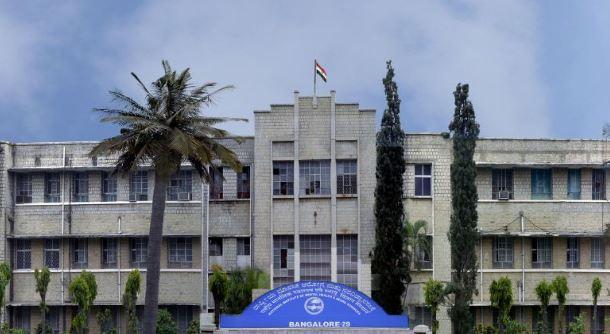Right Against Climate Change A Distinct Fundamental And Human Right, SC Judgment

In its first, the Supreme Court, through its judgment dated March 21, has recognized a right to be free from the adverse effects of climate change as a distinct right. The Court said that Articles 14 (equality before law and the equal protection of laws) and 21 (right to life and personal liberty) of the Indian Constitution are important sources of this right.
“The right to equality under Article 14 and the right to life under Article 21 must be appreciated in the context of the decisions of this Court, the actions and commitments of the state on the national and international level, and scientific consensus on climate change and its adverse effects. From these, it emerges that there is a right to be free from the adverse effects of climate change. It is important to note that while giving effect to this right, courts must be alive to other rights of affected communities such as the right against displacement and allied rights.,” the judgment authored by CJI DY Chandrachud stated.
Legal Foundation and Context
The Court’s ruling emanates from a case involving the conservation of the Great Indian Bustard (GIB) and the collision of overhead transmission wires with these endangered birds. The judgment not only addresses the specific issue of powerline installations but also delves into broader environmental concerns, particularly the adverse effects of climate change.
Key Observations and Arguments
The Court’s judgment highlights the interconnectedness of climate change with fundamental rights, such as the right to equality and the right to life. It emphasizes that climate change disproportionately impacts vulnerable communities, exacerbating inequalities and threatening livelihoods.
Moreover, the Court draws attention to India’s international commitments regarding climate change mitigation and the importance of upholding these obligations under international law, including the Paris Agreement.
Holistic Approach and Policy Implications of this Right
While recognizing the importance of conservation efforts for species like the GIB, the Court advocates for a balanced and holistic approach. It calls for recalibrating previous directives regarding powerline undergrounding to ensure that conservation goals align with broader environmental protection and sustainable development objectives.
The judgment underscores the imperative for states, including India, to prioritize environmental protection, mitigate greenhouse gas emissions, and uphold the rights of individuals to a healthy and sustainable environment.
Way Forward: Toward Environmental Justice
The Supreme Court’s recognition of the right to be free from climate change effects signifies a significant step toward environmental justice and underscores the judiciary’s role in addressing pressing environmental challenges while safeguarding fundamental rights and international obligations.
Click here to read the judgement





